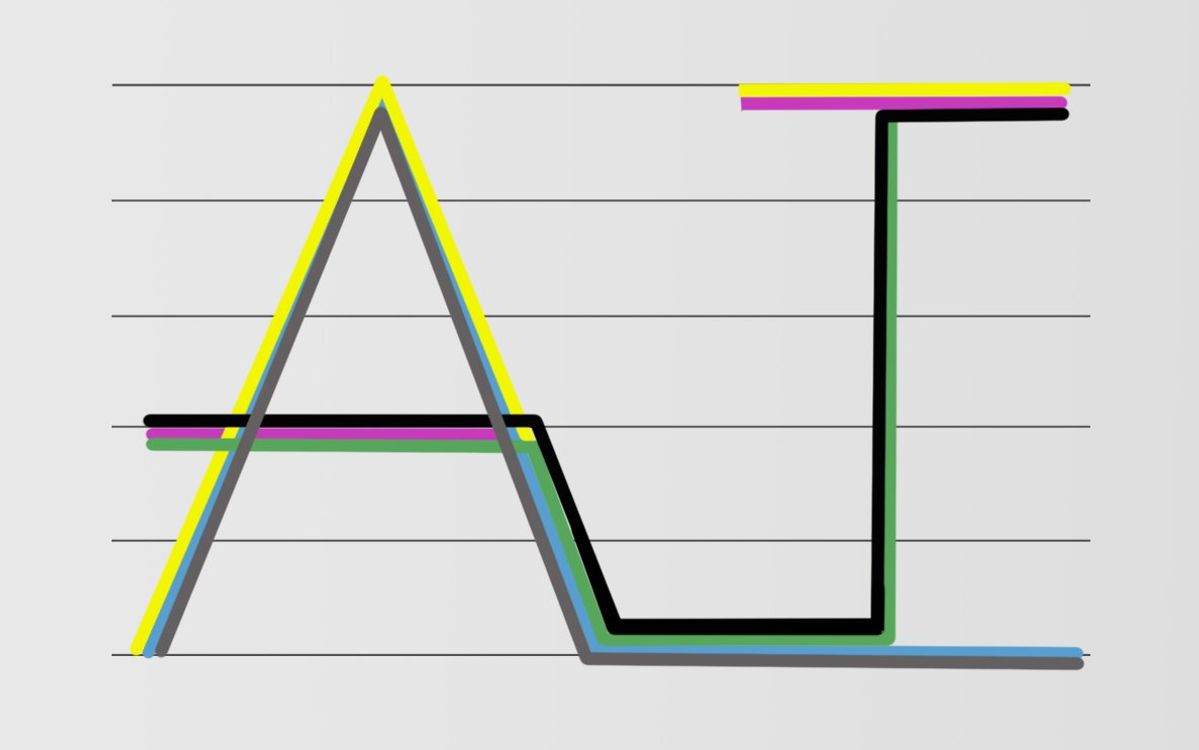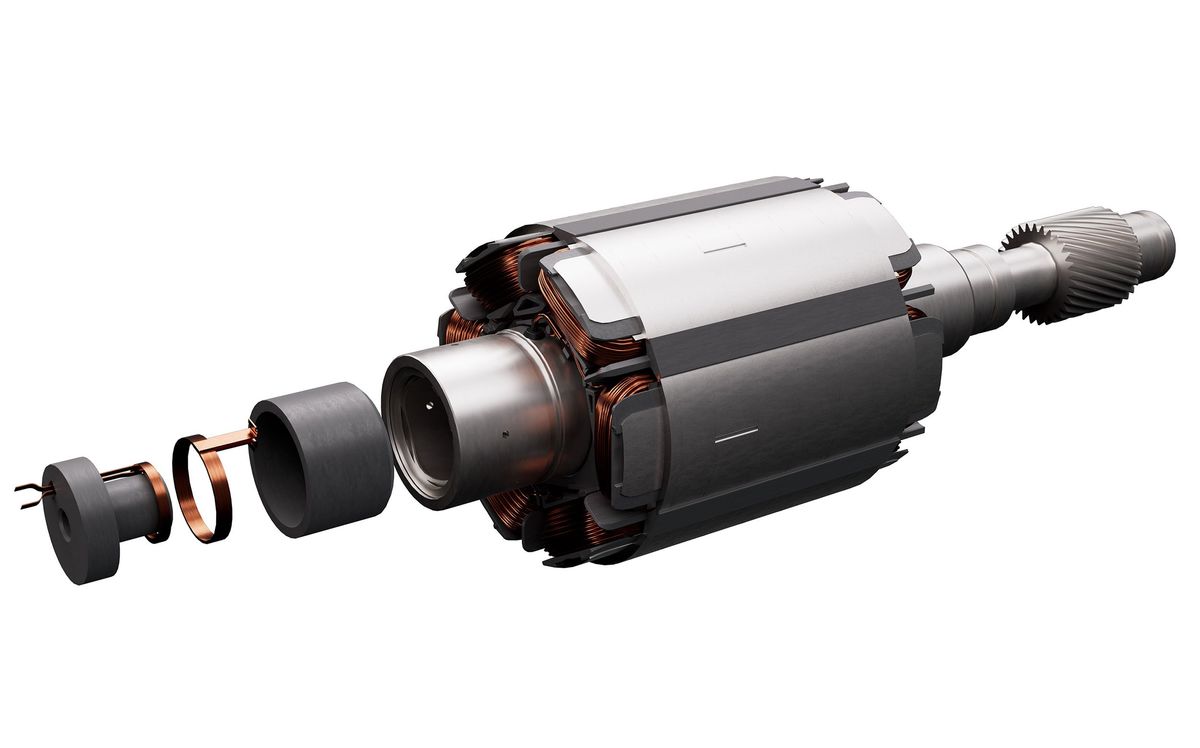ComputerWorld UK is reporting today that the new London Stock Exchange (LSE) trading platform called Turquoise has achieved a world record trading time of 126 microseconds during tests in anticipation of its roll-out on the first of November.
In September 2009, the LSE announced plans to replace its Tradelect core trading platform with one from Sri Lanka-based MillenniumIT, which it bought for £18 million. It completed the acquisition this past February. The LSE introduced Tradelect a little more than two years ago after spending four years and £40 million on its development, but it has been plagued with problems ever since.
According to ComputerWorld UK, the LSE, with a bit of marketing hype, claimed the 126 microsecond trading time was "twice as fast" as its rivals, BATS Europe and Chi-X, which have trading times of 250 and 175 microseconds respectively.
An article last week in the Financial Times of London, interestingly enough, said that Turquoise had achieved a trading time of 124 microseconds during its tests.
The FT also noted that "the 124 microseconds was the time taken from the moment when a client input an order to the exchange and the message coming back to the client."
Turquoise is Linux-based, whereas the Tradelect system is based on Microsoft's .Net architecture.
ComputerWorld UK also wrote that:
"David Lester, CEO of Turquoise, said that alongside the 126 microsecond average latency, 99 percent of orders would be processed within 210 microseconds, and only 0.1 percent will take longer than 400 microseconds."
Of course, given these latency times, one can only imagine what might happen if something goes wrong, as in the case of the NYSE "flash crash." (In its initial test, Turquoise had a glitch itself.) High-speed, automated trading is a major area of concern to financial regulators, who are worried that if an error occurs, market chaos could ensue.
BTW, the FT quotes the developer of Turquoise, MillenniumIT, as saying that the 124-126 microsecond trading time will be eclipsed in the not too distant future as the next generation trading platforms that it is already developing go into operation.
Something more for regulators to worry about.
Robert N. Charette is a Contributing Editor to IEEE Spectrum and an acknowledged international authority on information technology and systems risk management. A self-described “risk ecologist,” he is interested in the intersections of business, political, technological, and societal risks. Charette is an award-winning author of multiple books and numerous articles on the subjects of risk management, project and program management, innovation, and entrepreneurship. A Life Senior Member of the IEEE, Charette was a recipient of the IEEE Computer Society’s Golden Core Award in 2008.



